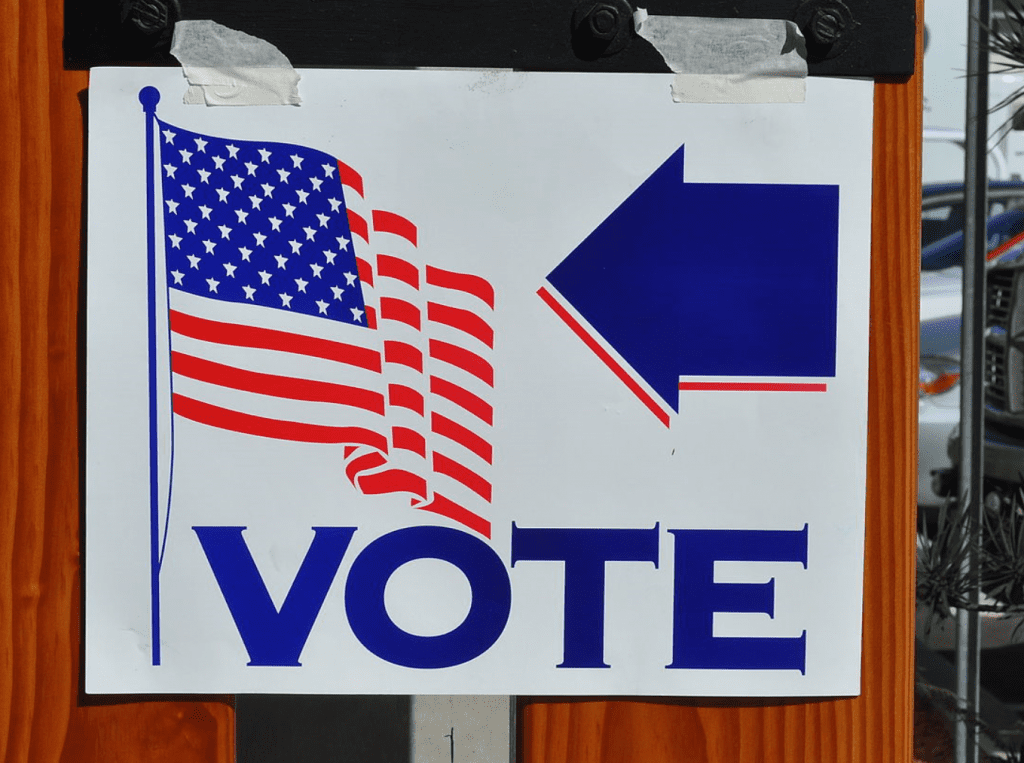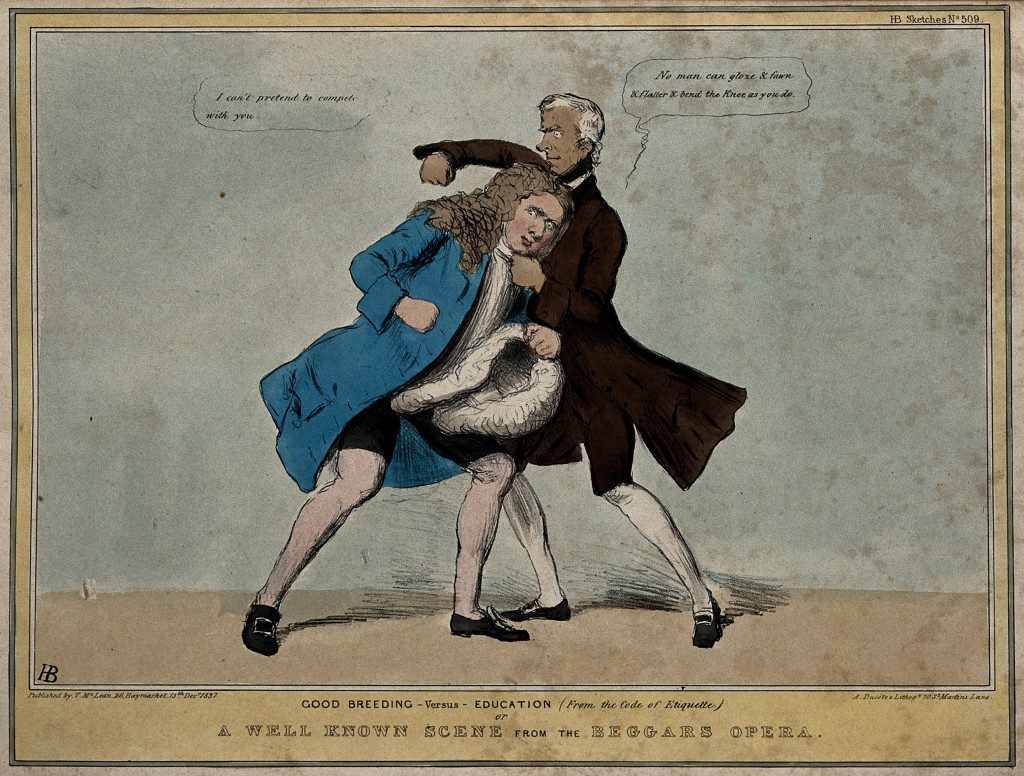
Yes, I’m going to talk about electoral fraud, and I use that phrase deliberately to imply something beyond mere “voter fraud” which suggests merely voters committing fraud, rather than the officials accepting and tabulating the votes doing so.
I will precede all of this with the statement that the best outcome of the election, given the alternatives, is that which we (likely) have: Biden as president and a GOP Senate to check his desires. But nonetheless: questions of potential fraud trouble me.
Recall that for months we heard that Trump was “basically Hitler,” and that the U.S. was at an existential crossroads: if Trump won the election, he would expand his control over the country to such a degree that we would never recover. Hundreds of thousands more Americans would die due to covid, People of Color would continue to suffer under systemic racism, their very lives at risk from murderous cops and S.A.-like Proud Boys, Amy Coney Barrett would single-handedly invalidate Obamacare and, well, you know the rest. Leftie Twitter accounts called for riots in the streets if Trump appeared to be winning, and businesses listened and boarded up their windows.
Yet we are being told that, despite this insistence that the very future of the country was at stake, electoral officials applied rules for tabulating votes completely evenhandedly. What’s more, we’re being told this repeatedly — at least, those of us who use Facebook and Twitter are — that our elections are secure, full stop. THIS MUST NOT BE QUESTIONED, we are told repeatedly, and, indeed, the issue is turned upside down, and anyone who questions any element of the process is deemed to be subverting democracy.
This is what angers me.
Yes, it is the case that there has been very little in the way of proven voter fraud. But so much potential fraud is simply not provable. In states where mail-in voting is routine, there has been a real effort to keep voter rolls clean, so that ballots are sent to authorized voters, at their proper address, and nowhere else. In Germany, in-person voting requires identification, and mail-in voting is based on registration with the local city hall — a concept that doesn’t exist in the U.S. (and I can’t speak of its prevalence elsewhere); everyone must register upon moving to a new home, and de-register when moving away. Oh, and also in Germany, all mailboxes, even at single-family homes, are secure, with locks, so your mail can’t be stolen. And the entire process of managing mail-in ballots, from receipt to eventual tallying, is run without strong levels of oversight, so that reports of poll-watchers being denied access are especially concerning.
And, again, we’re generally told that we must accept that, however much fraud occurs, it doesn’t make a real difference. Elections such as Kennedy’s win in 1960, where it’s commonly believed, though not conclusively proven, that the Daley machine in Chicago put him over the top through fraud, are meant to be overlooked in the name of political harmony, or, alternatively, to be seen as a vestige of a corrupt past that’s otherwise as gone as Tammany Hall.
So consider these items:
Just the News conducted a county by county review to determine the rejection rate of mail-in ballots by the state of Pennsylvania in 2020. The study found that only 0.036 percent of mail-in ballots were rejected this year compared to 1 percent in 2016.
“Mail-in ballots in Pennsylvania so far this year have been accepted at almost 30 times the rate predicted by historical rejection numbers,” wrote Just the News’ Daniel Payne.
Payne notes that only 951 of 2,614,011 mail-in ballots were rejected in 2020.
Is this fraud per se? Maybe, maybe not — it depends on the meaning of “fraud,” I suppose. If a directive was given to loosen standards for accepting ballots, with the objective of advantaging Democrats because it was believed that valid votes were being discarded, is it fraud? If looser standards were adopted that meant it simply became impossible to distinguish between a valid vote and an invalid one (planned wide-scale fraud or opportunistic fraud of absentee ballots being returned by people to whom they were misdelivered, and refusal to compare signatures to prevent this), is it fraud? In any case, a recount would not affect counts where this sort of malfeasance had occurred. And the ballots have been co-mingled in such a way that there is no way to remove those votes now.
Separately, accusers of malfeasance in Pennsylvania have said that Republican observers were blocked from being able to meaningfully observe the vote-counting, being kept 15 or more feet away from the counters. (Snark-ers say, “they could use binoculars,” but they assert that it simply wasn’t possible at that distance.)
In Michigan, four Republican poll-watchers and a city employee filed affidavits claiming that, among other accusations, election workers backdated absentee ballots, accepted them without evaluating their validity, and even, “when a voter’s name could not be found” in the Qualified Voter File (QVF) or supplemental lists, “the election worker assigned the ballot to a random name already in the QVF to a person who had not voted.” The affidavits allege that city employees, at voting booths, coached voters into voting straight-ticket Democrat.
Perhaps these claims themselves are a misinterpretation of what was occurring, in the same manner as the transcribing of ballots into a machine-readable format was interpreted as fraud. Perhaps these people are themselves lying. The Detroit News reports that
Besides the affidavits, no actual evidence of the alleged issues was presented.
But, of course, what sort of evidentiary standard could there possibly be other than witness’s statements? Do we expect that there could be some sort of paper trail, a smoking gun set of instructions from a higher-up (“To: all election workers. From: senior election official. Re: maximizing Biden’s lead through nefarious means.”) which some subpoena or FOIA request could uncover?
There are more accusations coming out of Georgia, a link to which I can’t find at the moment, that vote-counters declared, at 10:30 pm on election night, that they were shutting down, sending observers home, then continuing to count until 1:00 in the morning. Again, is it provable that votes were falsified during this time period? No, of course not. It’s the nature of this sort of thing that it is not provable, other than some extremely improbable smoking gun.
And, again, there is no way to identify one way or another whether this sort of fraud, if it indeed occurred, would have swung the election.
But, again, the message of the Democrats, again and again, was that the very fate of the world hinges on Trump being defeated. It defies logic to say that despite the stakes being so high, pubic officials even in states/cities with a long legacy of corruption, were, to a man, honest and trustworthy public servants doing their duty with the highest ethical standards.
But that being said: what’s to be done?
Honestly, there’s little that can, or even should be done, with respect to the 2020 election. If improper ballots (that is, a ballot that should have been disqualified, or a wholly manufactured ballot) were accepted and commingled with the rest, a recount wouldn’t solve the problem. It is likewise not practical to order a new election while the nation awaits the orderly transition of power in the same way as occurred, for example, for the 2018 North Caroline 9th Congressional District, or that the entire electoral votes of a state be thrown out (a proposed remedy by the Trump legal team with respect to Pennsylvania).
With respect to 2022 elections?
I can conjure up a wishlist.
For in-person voting, photo identification should be mandatory, although the requirement should be paired with federal funds to ensure that poor/rural Americans are able to acquire that ID, for example, through mobile ID-issuing offices visiting small towns in rural areas, fee waivers for state ID, etc.
For mail-in ballots, states should be required to ensure voter rolls are clean so that they are only sent to people who still live at the address of their registration, they should ensure that signatures match, that each ballot is delivered to a secure mailbox (vs. left atop communal mailboxes at apartment complexes). Ballot-harvesting should be prohibited.
And all elements of the counting process should be fully transparent — no ballot deliveries in the middle of the night, no counting without observation.
But what happens when one of these “shoulds” are violated? There is no remedy at the moment for instances in which observers are denied access to vote-counting, other than a judge’s declaration of “don’t let it happen again,” and a recount which, again, doesn’t have any impact once invalid/fraudulent ballots are commingled with valid ballots.
And this sort of legislation is always determined at the state level. What possible means is there to ensure any of these items actually happen?
Consider the Voting Rights Act of 1965, most recently renewed in 2006: it was struck down in 2019 because it used data from 1975 to determine which states, 40 years later, still needed “preclearance” to make any changes to their voting legislation, whether that meant redrawing districts or even moving a polling place. As the New York Times reported,
The current coverage system, Chief Justice Roberts wrote, is “based on 40-year-old facts having no logical relationship to the present day.”
“Congress — if it is to divide the states — must identify those jurisdictions to be singled out on a basis that makes sense in light of current conditions,” he wrote. “It cannot simply rely on the past.”
In response, Democrats introduced bills aiming to reinstate the law while complying with the Supreme Court’s decision (regrettably, this PBS article doesn’t say exactly how, though based on the terms of the court decision presumably it would have to use more recent data to identify locations where voters are at risk of being deprived of their rights). Could Congress attempt a “Voting Rights and Voting Security Act”? I don’t know. The House’s HEROES Act would have done exactly the opposite, prohibiting voter ID requirements and mandating that states permit ballot harvesting. Would they agree to something to which they are not merely otherwise indifferent to, but actually object to? It’s hard to see.
In other words, after a long stretch of typing that I had hoped would at least end with my proposing a grand solution and feeling at least a little bit better about the whole thing, but I don’t. How about you?













